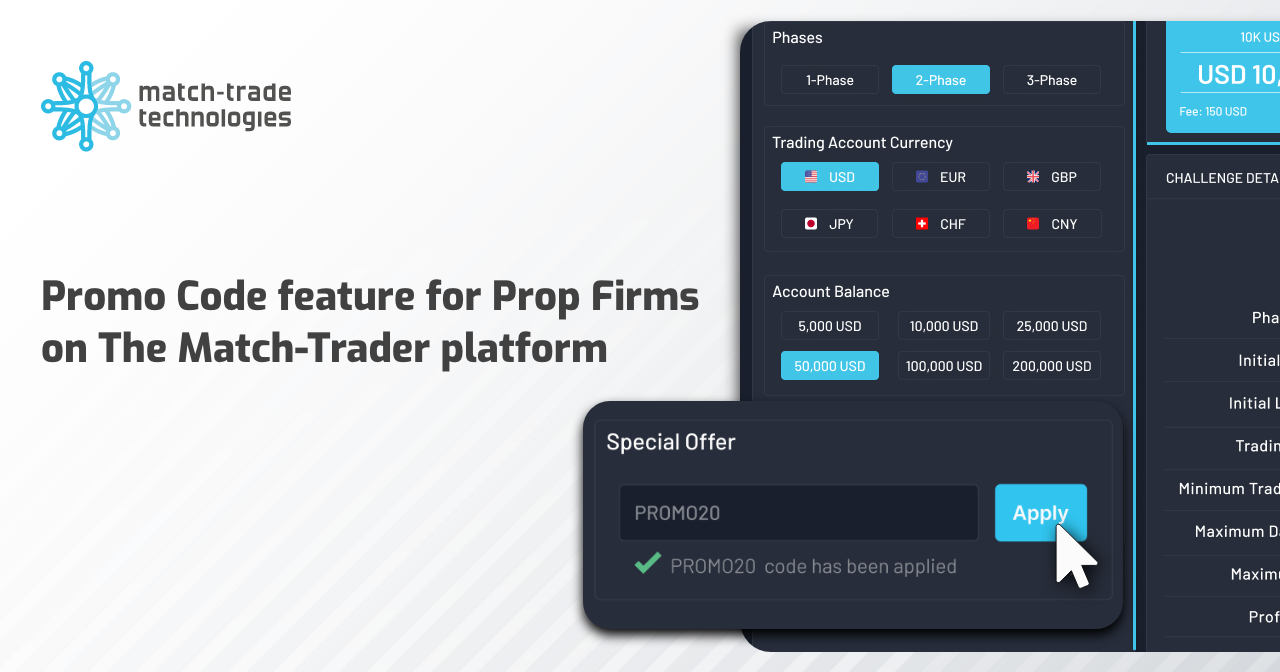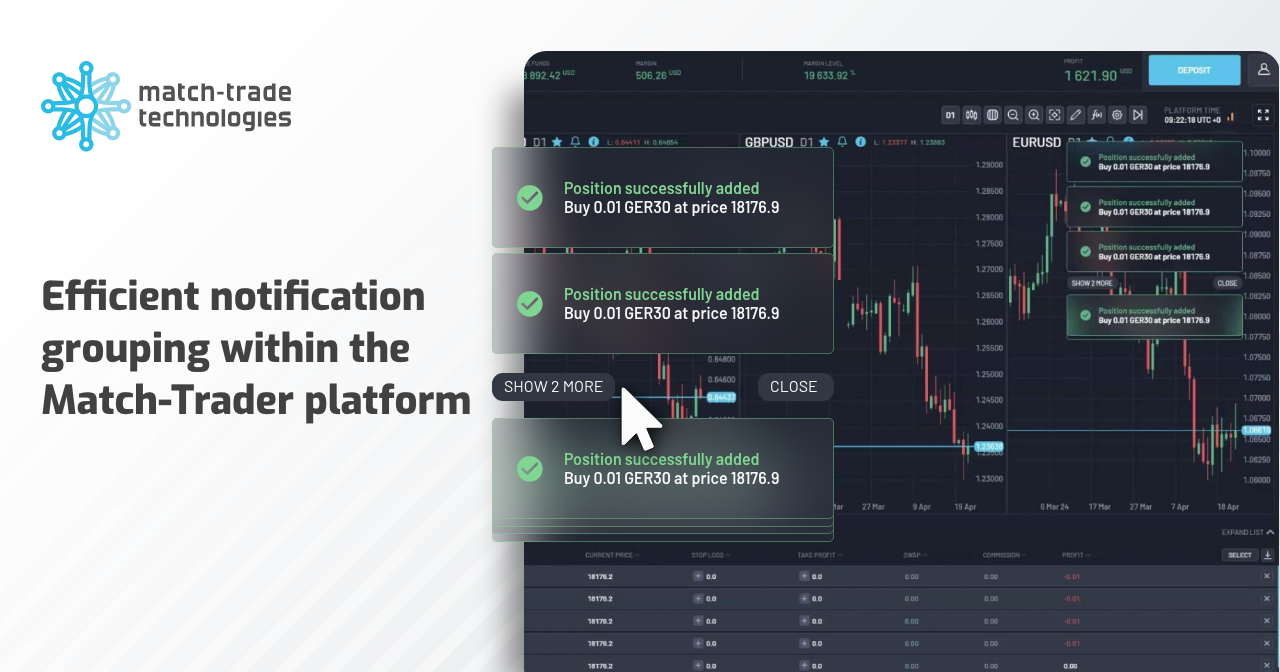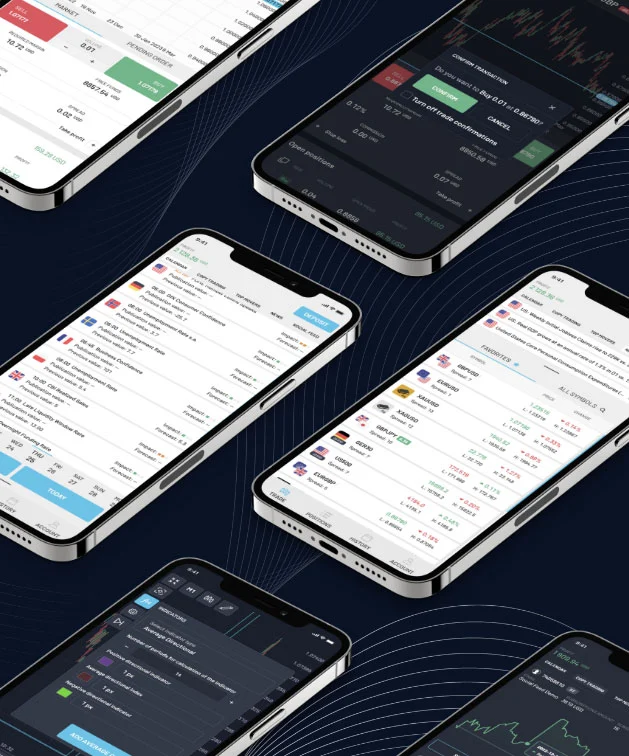The year 2023 has not started off well for the forex industry. The slowing down of major markets has caused them to enter a consolidation phase. There has also been considerable confusion caused by problems with placing mobile applications of the most popular trading platforms in the App Store. Adding to this, regulatory changes in SVG, the jurisdiction most often chosen by startup brokers, have further complicated matters.
The new year poses significant challenges for brokers, requiring both established and new players in the market to take more decisive and risky steps. Although the factors I mentioned may pose a real threat to the stability of the brokerage business, they may also be an excellent opportunity for expansion and growth. One of the issues brokers should pay more attention to is adapting their offerings to the current market situation. How can they do this? Where can they find information? It is worth examining official reports released by the largest players in the industry.
2022 broker reports show changes in trader behaviour
The first quarter has ended, and brokers listed on the stock exchange have published their financial statements for 2022. Some of them provide in these reports information about the most popular symbols among their clients and present the percentage of clients involved in specific assets. Analyzing this information in conjunction with data from our Match-Trader system, one might get the impression that the previous approach to EURUSD and DE30 as some of the most frequently traded instruments, is changing. Commodities and indices have taken the lead, and only in third place do currency pairs appear (in terms of turnover). One of the largest European brokers, XTB, states in their report that clients are increasingly interested in diversifying their investment instruments, which leads them to open positions in equity, commodity, and cryptocurrency markets. Similar results can be found in the reports of other brokers. The most frequently traded indices were the SP500, Nasdaq, and Dax40.
Gold is gaining popularity due to the high dynamics of change
Looking at reports on commodity transactions, gold transactions alone account for 3-15% of turnover (depending on the broker). This is certainly influenced by the diversity of offers, geolocation, and technical specifications of individual brokers, such as the nominal lot size or spread on gold. However, as can be seen, these are not values that can be ignored.
In addition, analyzing our own clients’ data, we have noticed that location, i.g., place of residence or traders’ origin, is a significant factor influencing the choice of instruments. Clients in Europe have a different approach to selecting instruments, with the SP500, Nasdaq, and DE40 indices being the most popular. In contrast, clients in Asia most often choose gold and Bitcoin. It is also noteworthy that clients in Latin America most frequently choose commodities and goods such as WTI and gold.
The popularity of specific instruments varies from region to region
How can such data help brokers better manage their business? Information from published reports indicates one significant thing. On the one hand, trader habits characteristic of a particular region can be seen; on the other hand, it can be seen that they are increasingly looking for volatile markets, which makes instruments such as NATGAS, gold, or less popular currency pairs attractive for trading. What does this mean?
Brokers must begin to be flexible in terms of their offerings, adapt to trading conditions, carefully analyze markets, look for those with greater dynamic changes, and adjust their offerings to those instruments. In this aspect, they must also consider the market they are targeting, as the analyzed data clearly indicates that traders’ location also has a significant impact on their activity. Such a multi-aspect analysis will allow brokers to better address their clients’ needs.

Diversified offer & targeted campaigns are key to trader retention
Another significant issue is marketing. In their marketing communication, brokers can and should promote specific instruments where greater dynamic changes are visible. Additional points worth investing time in are educational materials. Technical analysis and risk diversification training will help traders move to a higher level of market understanding and build investment awareness, which will have a positive impact on client retention.
In summary, the trends suggest that the current year may not be the easiest for the forex industry, but this does not mean that business cannot be developed and profitability increased in such conditions. However, knowledge or expert support is needed to advise on analyzing instruments worth promoting and help reduce a broker’s exposure to risk.





